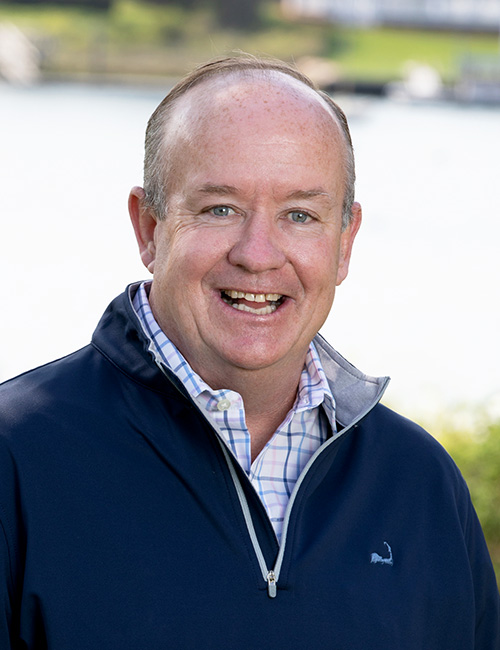
Many financial experts suggest paying a 20% down payment when buying a home. While for some prospective homebuyers this may be a simple task, others might wonder if the suggested 20% of the home purchase price—or higher—are necessary. Here are some reasons it benefits you to make a larger down payment when buying a house:
The primary reason for the suggested 20% down payment is that it will help you qualify for better mortgage offers. Having a down payment of any amount proves that you’re financially ready to buy a home, which means lower risk for the mortgage lender. The higher the amount of money you can offer at the beginning, the lower the risk, and better the offers. With a higher down payment, you can get qualified for mortgages with lower interest rates and flexible payback periods.
Lower interest payments on your mortgage equals lower monthly payments. Also, whatever money you pay up front is money you don’t have to borrow from your mortgage lender. Borrowing a smaller amount of money in the first place means less to pay back and the greater likelihood of even paying off the mortgage early. With all the other monthly costs of home ownership, it’s definitely in your best interest to find ways to lower ongoing expenses.
Paying at least 20% in a down payment will help you avoid paying private mortgage insurance or PMI. Most lenders require you to pay for this additional insurance if you are borrowing more than 80% of the home’s purchase price. The sole purpose of this insurance is to protect the lender in the event you cannot pay back your loan for whatever reason. Unfortunately, it doesn’t help you at all and can add up to thousands of dollars per year in additional payments until you can meet that original 20% amount in equity.
If the home you’re trying to buy has multiple offers, a higher down payment might give you the edge you need to stand out against the other buyers. Sellers like it when you can offer more money up front, as it shows your financial responsibility and likelihood that you’ll actually go through with the purchase. A lot of potential buyers fail to get the right financing or loan and the deal can fall through, which means wasted time and money for the seller. If you can offer a larger amount from the beginning, you can send the message that you’re going to be worth it.
In the end, the decision about the down payment amount is up to your personal financial situation and preference. Every home transaction is different and there are many factors that can make or break a deal. However, keeping these advantages in mind will help motivate you if you are saving up for that 20% amount and may even help you reach for something greater.

I'm John Mahan, Sales Associate with William Raveis Real Estate, Harwich Port Office.
Throughout his childhood, John Mahan spent summers on Cape Cod at his parents’ home in Dennis Port. His intro to the Cape was, as he puts it, when his parents “carried me down the stairs at Sea Street Beach when I was a week old.” With a lifelong connection to Cape Cod, it seemed only natural for John and his wife, Mary, to move to Harwich – where they still reside – with their two young children in 1996.
Prior to moving to Cape Cod, John lived in the Worcester-Auburn area where he worked for Mass Electric for 10 years and was a member of the International Brotherhood of Utility Workers. When John and his family moved to the Cape, he worked at NSTAR for six years.
John began his career in real estate in 2002 when he joined Team Waystack Realty in Harwich Port. He has been a consistent top producing realtor in the Harwich area for the past 20 years. John’s approachable demeanor, combined with an integral understanding of the Cape Cod residential real estate market, have allowed him to build trusting, long-term relationships with his clients – both sellers and buyers.